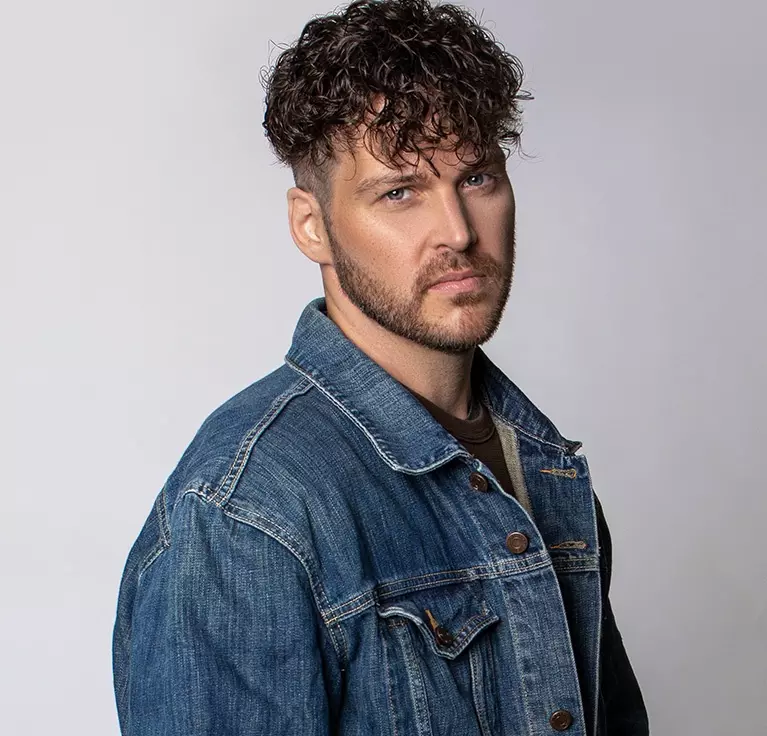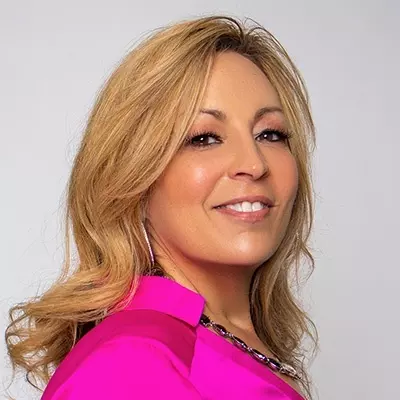When a person experiences alopecia, otherwise known as hair loss, it can be a frustrating issue. It can affect one's confidence and self-esteem. While there are many causes for hair loss, many people don't understand the connection between an oily scalp and hair loss.
Below, we will discuss how excess oil can contribute to the problem, and what you can do if it happens.
Understanding an Oily Scalp
How does a person know that they have an oily scalp? Oil, or sebum, is excreted from the sebaceous glands. An excess of oil occurs when the glands produce too much. In addition to this causing acne on the scalp, there is a direct correlation between too much sebum and hair loss.
What Causes an Oily Scalp?
A person can have an oily scalp for a number of reasons. Poor hygiene is one of the most common factors. Hair should be washed about every other day in order to cleanse the scalp of impurities. A hormonal imbalance can also be responsible for an overproduction of sebum. Androgenetic Alopecia is common in those with male or female baldness, where the hormones affect the size and production level of the sebaceous gland.
Consuming greasy foods on a regular basis can also lead to an oily scalp. The blood flow is restricted and the pores become clogged, trapping dihydrotestosterone (DHT), and expediting hair loss.
Another condition called seborrheic dermatitis can be the cause an overproduction of oil. Dead skin and oil build up on the scalp and can contribute to hair loss.
How Does an Oily Scalp Cause Hair Loss?
There are many people who do not realize that an oily scalp can be the root of hair loss issues. While some oil is necessary for preventing dry hair that is brittle and prone to breakage, too much can negatively affect hair growth. The excess oil blocks the hair follicles, interrupting the growth cycle that is necessary for healthy hair.
How Can an Oily Scalp Be Prevented?
Cleansing the scalp of excess oil is extremely important. In order to prevent an oily scalp, wash with a gentle shampoo that is safe for daily use. Keep in mind that when you use conditioner, apply it to the ends only, as too much can increase the production of sebum. Those who have an oily scalp may also want to reduce heat styling, as this can be another cause of the problem.
Can Oil Production Be Reduced?
If you have an overproduction of oil, there are steps you can take to reduce the problem. Use a brush on your hair each day to increase blood circulation. Brushing contributes to a healthy scalp by opening the pores on your scalp, letting them breathe, and therefore keeping oil production under control.
Remember to eat right and get the necessary vitamins and minerals that your body needs. A diet rich in protein and zinc helps control excess oil production.
To control an oily scalp, be aware of the products that you use on your hair. Avoid any products that contain sulfates, and consider cutting back on the number of styling products used. Too much causes a build up on the hair that leads to blocked pores.
Furthermore, if you are experiencing hair loss due to an oily scalp, Mane Image Hair has excellent solutions for men and women that are effective and options. Contact us today for a free consultation.











